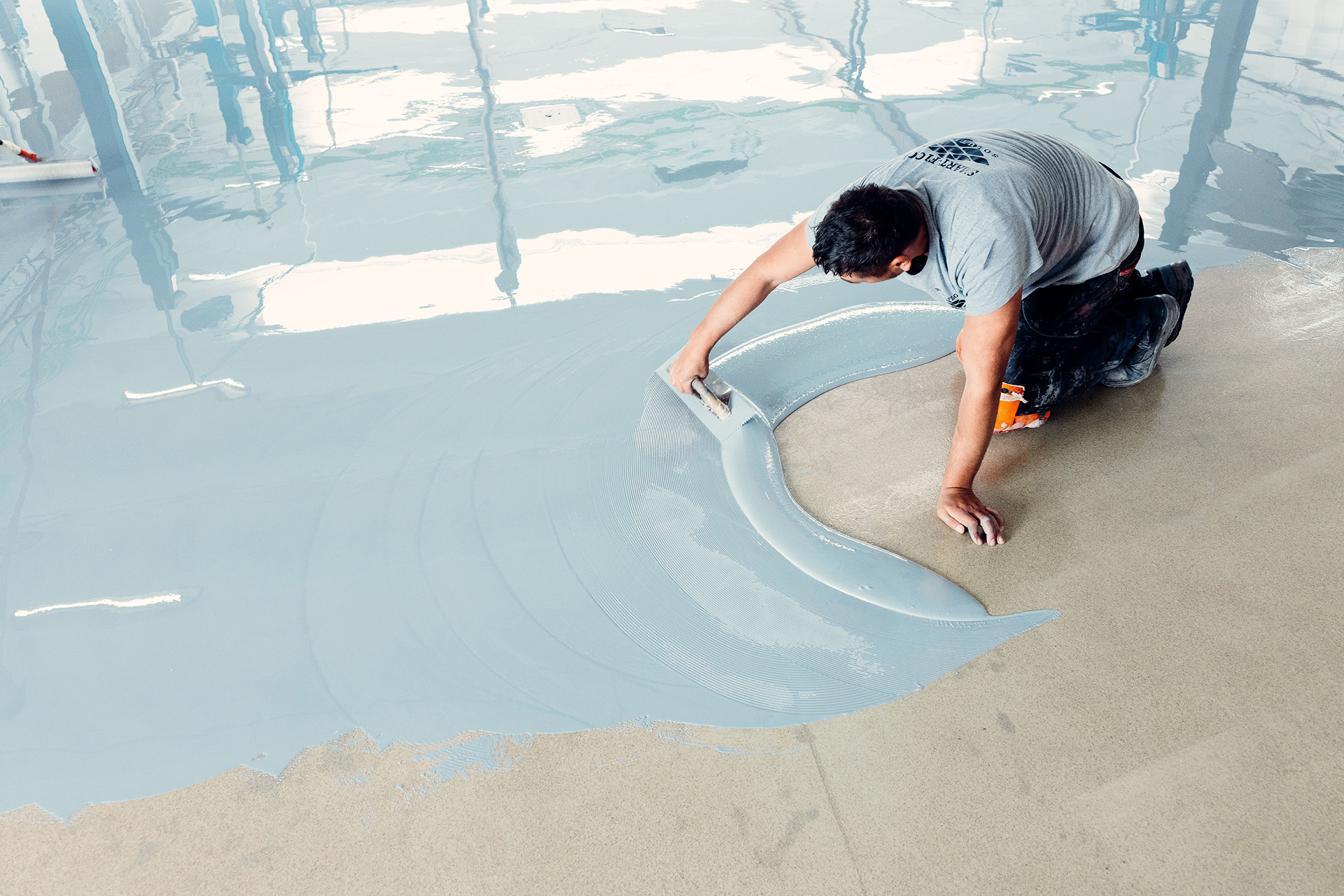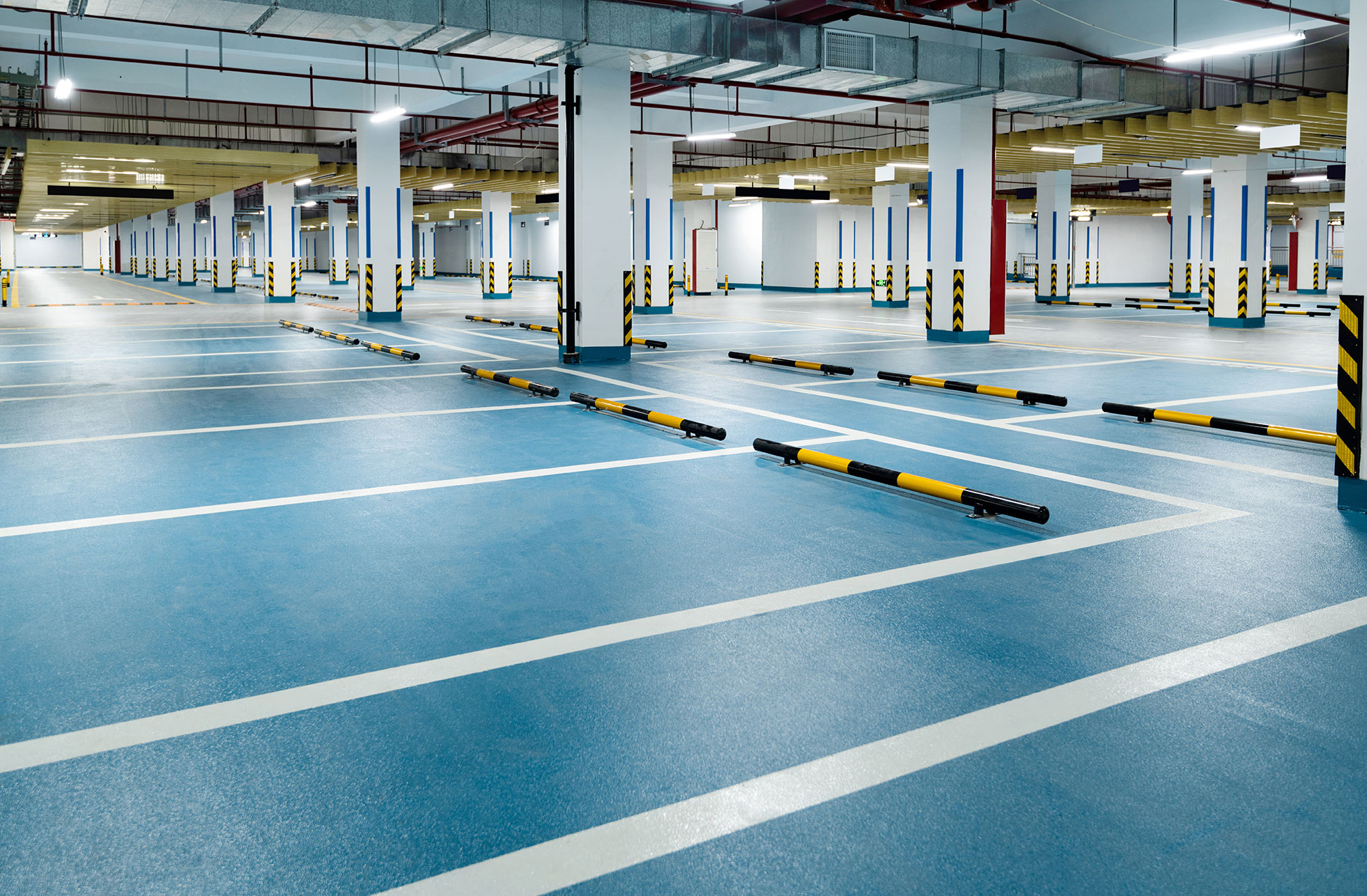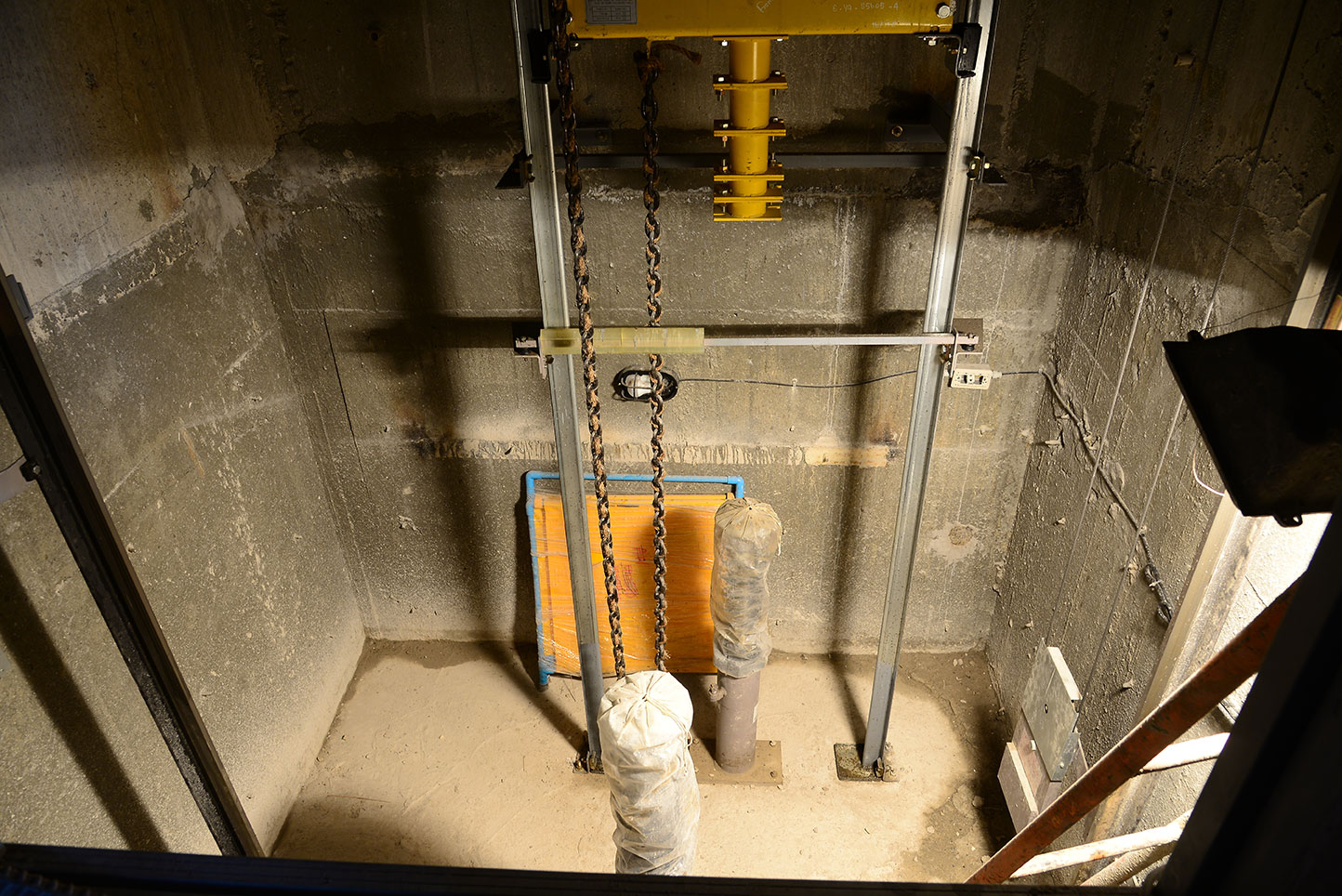
Epoxy Flooring for Industrial Spaces: Why It’s the Best Choice
ARDEX ENDURA
01 Jul 2025
03 Min
Epoxy flooring offers a solution for places with high footfall and chemical spills. Known for its durability and chemical resistance, it is a great choice for industrial spaces. In this blog, we will examine the best flooring solutions for industrial environments.
What is Epoxy Flooring?
Epoxy flooring is a smooth floor made from a mixture of epoxy resin and hardener. This chemical reaction creates a highly durable, sturdy plastic material that sticks to the concrete floor, creating a strong and resilient coating.
Types of Epoxy Flooring
- Self-leveling Epoxy: Ideal for creating a smooth surface over undulating floors.
- Mortar Epoxy: This is the strongest epoxy type, suitable for repairing cracks and heavy-duty environments.
- Anti-Static Epoxy: Essential in spaces sensitive to static electricity, like operation theatres, semi-conductor industries, electrical and electronics industries. For such applications, R 625 CE ESD Flooring offers a reliable anti-static flooring solution designed to meet stringent electrostatic discharge (ESD) standards..
Key Benefits of Industrial Epoxy Flooring
1. Durability and Strength
- Withstand Heavy Traffic: Epoxy flooring is idle for handling heavy footfalls from forklifts, heavy machinery, and more.
- Impact resistance: Its sturdy surface can withstand the weight of heavy machinery while causing minimal damage.
2. Chemical Resistance
- Protection Against Spills: Epoxy flooring protects against oil or chemical spills, reducing the cost of repairs.
- Non-Absorbent Surface: It is non-porous and prevents stains from appearing, making them easy to manage and clean.
3. Safety Enhancements
- Slip Resistance: Anti-slip additives can be incorporated to bring down the rate of accidents in wet or oily conditions.
- High Visibility: Epoxy floors can be used to mark colour-coded zones for better organisation and safety.
4. Cost-Effectiveness
- Long Lifespan: Epoxy flooring is highly durable and does not require many repairs.
- Lower Maintenance: The seamless surface requires less maintenance, thereby making it more affordable.
5. Aesthetic Versatility
- Customisable Designs: The industrial epoxy flooring can be customised to suit customers' needs, combining fun colours with aesthetics.
- Seamless Appearance: The smooth, joint-free finish creates a neat, professional appearance, further enhancing its functional and industrial appeal.
Comparing Epoxy Flooring to Other Flooring Options
1. Concrete vs. Epoxy Flooring
- Durability: Epoxy floorings crack and degrade faster than concrete ones.
- Ease of Maintenance: Epoxy requires less sealing and repairs than concrete.
2. Epoxy vs. Vinyl Flooring
- Durability: Epoxy is stronger and more durable than vinyl flooring and does not support dents and tears.
- Chemical Resistance: Vinyl isn’t ideal for environments suffering from constant chemical and oil spills.
3. Epoxy vs. Tile Flooring
- Seamlessness: Epoxy minimises grout lines, reducing areas where dirt and bacteria can accumulate.
- Impact Resistance: Tiles are prone to cracking under heavy loads, whereas epoxy remains intact.
Ideal Applications For Industrial Epoxy Flooring
1. Manufacturing Facilities
Epoxy flooring is strong enough to withstand wear and tear from heavy machinery and equipment, which helps improve its longevity.
2. Warehouse and Distribution Center
Its durability and easy maintenance make it a popular choice in the industrial sector, which receives heavy footing.
3. Pharmaceutical and Food Processing Plants
The seamless and hygienic surface is easy to clean, maintain and sanitise.
4. Automotive Garages
The fact that Epoxy flooring is resistant to oil spills, grease and chemicals ensures a clean and well-functioning resistance.
5. Laboratories and Clean Room
Anti-static epoxy flooring solutions help control static electricity in critical environments.
How to Maintain Epoxy Flooring in Industrial Settings
1. Regular Cleaning Routine
Remove dirt and debris through regular sweeping and use pH-neutral cleaners to maintain the epoxy’s integrity.
2. Addressing Spills Immediately
Quickly clean up any dirt or stains to prevent them from leaving a permanent residue on the epoxy flooring.
3. Periodic Inspection
Look out for any area that requires repair and periodically re-seal your epoxy floor to retain the protective properties of your flooring.
4. Avoiding Heavy Scratches
Mats should be placed in areas with heavy footfalls and traffic to reduce the pressure on the epoxy flooring.
Cost Considerations for Epoxy Flooring in Industrial Spaces
1. Initial Cost
The initial cost of installation can seem high, but it largely depends on the size of the area, the type of epoxy being used and the materials required for surface preparation.
2. Long-term Savings
Due to its longevity and minimum maintenance it does not involve much cost in the long run.
Conclusion
Epoxy flooring is a popular choice for industrial areas due to its durability and low maintenance. Its sturdy structure, makes it suitable for any area that receives heavy footfalls.
Ardex Endura offers a wide range of floor solutions including epoxy floor coating, designed to provide long-lasting protection and enhance the functionality of industrial spaces.




